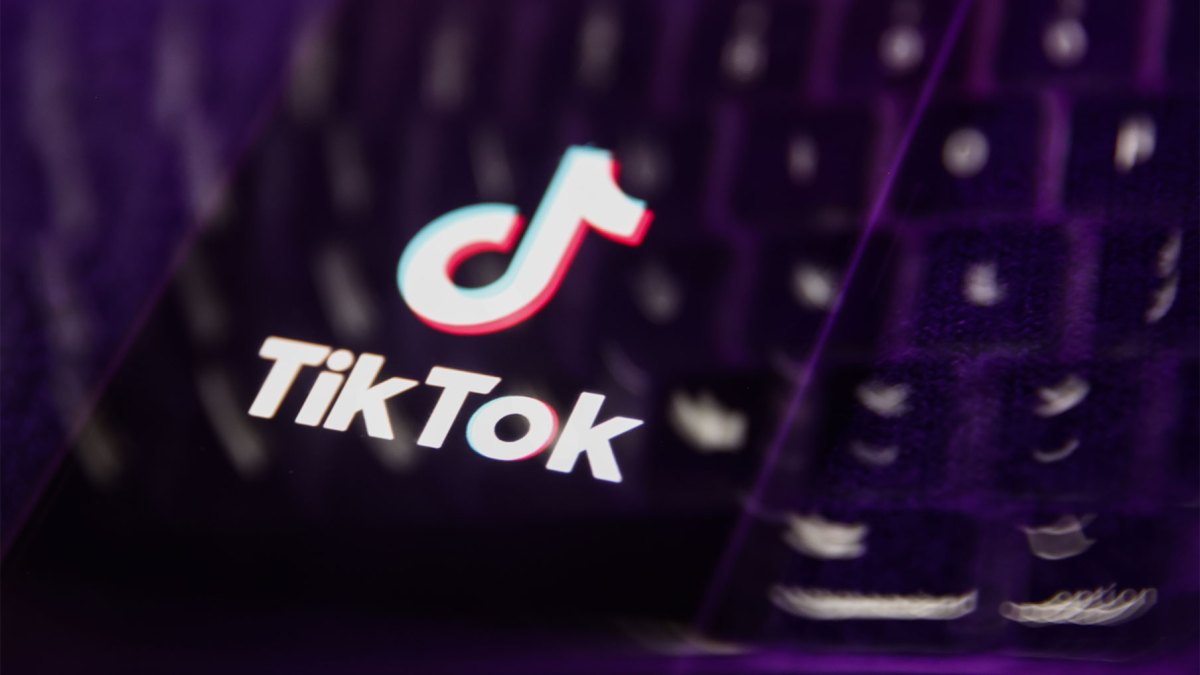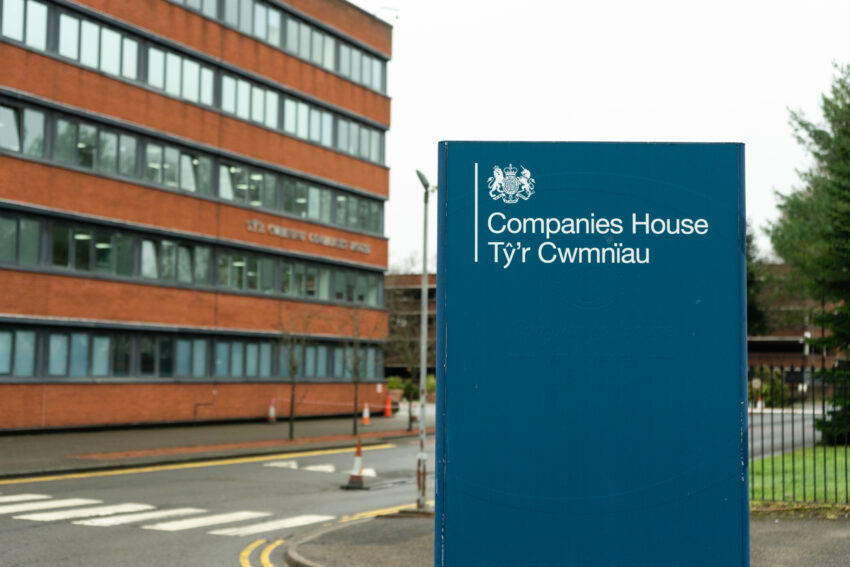The Hidden Costs of Fraud for Small Businesses and Startups


Fraud is one of the most overlooked yet damaging risks that small businesses and startups face today. Many entrepreneurs focus on growth, customer acquisition, and innovation, but often underestimate how devastating fraudulent activity can be to their operations. Implementing solutions such as check fraud detection software is no longer a luxury—it is a necessity for ensuring long-term survival and credibility in a competitive market. While the financial losses caused by fraud are evident, the hidden costs can be even more severe, as they affect reputation, trust, and business continuity.
Financial Losses Beyond the Obvious
When a business falls victim to fraud, the immediate financial impact is often only the tip of the iceberg. Direct losses can include stolen funds, fraudulent chargebacks, or manipulated invoices. However, the real burden becomes apparent when businesses must absorb legal costs, regulatory fines, and the expenses of investigating and addressing the fraud. For startups with limited cash flow, even a single incident can derail plans and threaten solvency.
Moreover, fraud can cause disruptions in access to credit. Financial institutions may hesitate to extend lines of credit or loans to companies perceived as high-risk after an incident. This makes scaling operations or pursuing new opportunities far more difficult. In an economy where agility is vital, this loss of financial flexibility can have long-lasting consequences.
Damage to Brand Reputation
Trust is the cornerstone of any successful business. For small businesses and startups, building a trustworthy brand is often one of the most challenging tasks. A single fraud incident can undo years of reputation-building, leading to customer mistrust and lost opportunities. Even if a company quickly resolves the financial aspects of fraud, news of the event can spread rapidly, especially in today’s digital world, where reviews and social media amplify every misstep.
Startups, in particular, are vulnerable because they lack the established brand equity of larger corporations. Customers and partners may assume that fraud occurred because the business lacked proper safeguards. This perception can lead potential clients to seek alternatives, ultimately reducing revenue and hindering growth.
Operational Disruptions
Fraud doesn’t only drain money; it also disrupts daily operations. When fraud occurs, management often shifts focus from innovation and strategy to damage control. Resources that should be spent on product development, marketing, or customer service are redirected toward internal investigations, compliance reviews, and repairing the harm caused. This sudden diversion of time and effort can slow momentum, giving competitors the chance to capture market share.
Additionally, employee morale often suffers during incidents of fraud. Staff may feel demoralized or mistrusted if stricter internal controls are suddenly implemented. For startups with small teams, this can weaken collaboration and reduce productivity at a critical stage of growth.
The Risk of Regulatory Scrutiny
Small businesses sometimes assume that only large corporations attract regulatory oversight; however, fraud can quickly put even the smallest ventures under the microscope. Once a fraud case occurs, compliance agencies may increase scrutiny, requiring extensive documentation and stricter reporting standards. For entrepreneurs already juggling multiple responsibilities, this additional burden can become overwhelming. Non-compliance, whether intentional or due to a lack of resources, can lead to additional fines and legal complications.
For businesses operating in industries such as finance, healthcare, or e-commerce, the compliance landscape is particularly stringent. Demonstrating that fraud prevention measures such as monitoring systems and software are in place is often required not only to meet regulations but also to reassure investors and clients.
Long-Term Strategic Consequences
The hidden costs of fraud extend well into the future. Entrepreneurs may find themselves forced to slow down expansion plans to recover financially and operationally. Investors, once enthusiastic about funding growth, may reconsider involvement if they perceive the business as vulnerable. Strategic partnerships may be delayed or canceled due to concerns about security and risk exposure.
Furthermore, recovering from fraud often requires implementing stronger internal controls and technology. While this is a positive step, it can mean significant upfront expenses. Without a proactive approach, businesses may end up spending more in the long term reacting to fraud than they would have by preventing it in the first place.
Mitigating the Risks
The good news is that small businesses and startups can protect themselves from these hidden costs by adopting strong fraud prevention strategies. Regular audits, employee training, and background checks for new hires are essential steps. Leveraging advanced technologies, such as fraud management platforms and detection software, enables businesses to monitor fraudulent activity in real-time, allowing them to stop it before it escalates. By making fraud prevention a core business priority, entrepreneurs can safeguard not just their finances but their brand and long-term strategy.
Conclusion
Fraud remains a silent threat that many small businesses and startups underestimate until it’s too late. While direct financial losses can be damaging, the hidden costs—such as reputational harm, operational disruption, regulatory scrutiny, and long-term setbacks—pose an even greater risk to entrepreneurial success. By taking proactive measures, including the adoption of tools like check fraud detection software, business owners can protect their ventures, build trust, and ensure their companies remain resilient in an increasingly complex business environment. The actual cost of fraud lies not just in the money lost but in the opportunities forgone, making prevention an essential investment for every entrepreneur.
The post The Hidden Costs of Fraud for Small Businesses and Startups appeared first on Entrepreneurship Life.



















:quality(85):upscale()/2023/09/18/918/n/1922398/a1136b676508baddc752f5.20098216_.jpg)
:quality(85):upscale()/2025/10/09/670/n/1922283/00b944c868e7cf4f7b79b3.95741067_.jpg)
:quality(85):upscale()/2025/10/15/765/n/1922398/29c37a6e68efd84bb02f35.49541188_.jpg)
:quality(85):upscale()/2025/09/09/891/n/1922283/7222624268c08ccba1c9a3.01436482_.png)






















